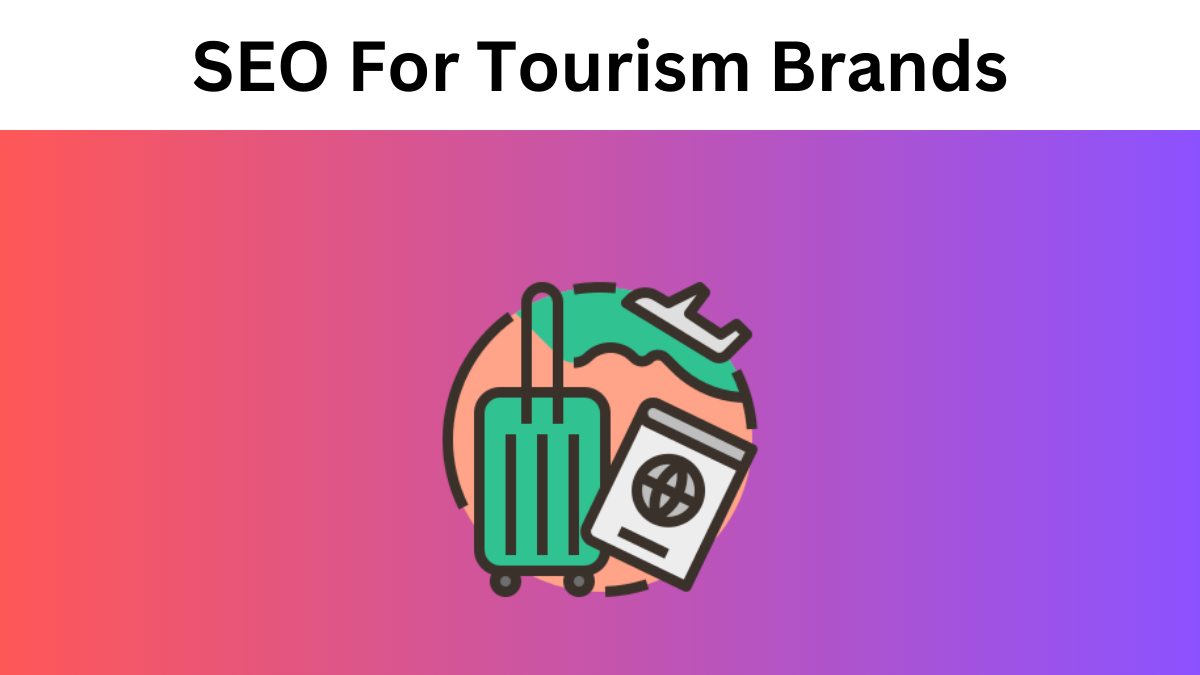SEO For Tourism Brands: How To Rank Content And Get Found
Welcome to the world of SEO for Tourism Brands! This blog will explore the powerful realm of search engine optimization specifically designed for the tourism industry. As a tourism brand, having a strong online presence is vital to attract travelers and stand out in the competitive market. We’ll uncover the essential SEO techniques and best practices to elevate your brand’s visibility, drive more bookings, and effectively connect with your target audience.
Contents
Whether you run a hotel, travel agency, or any tourism-related business, get ready to optimize your digital footprint and unlock the potential of SEO to take your brand to new heights.
What’s Next For DMOs?
For destination marketing organizations (DMOs), attracting out-of-town guests to a large metro area has traditionally been their primary revenue driver. However, with state-based lockdowns in early 2021, DMOs like Visit Philadelphia and Destination DC shifted their marketing focus to locals who were largely left out of previous efforts due to travel restrictions.
By celebrating everything local, DMOs turned the situation around and fostered hometown pride, becoming a critical revenue driver as local tourists sought staycation opportunities and explored their cities.
To optimize content for local SEO, DMOs can target terms like “what to do in [city] this weekend” or “best things to do with kids in [city].” This activity-based terminology focuses on individual attractions and experiences, driving traffic to the DMO site and partner organizations like museums and restaurants.
Such content can be evergreen, ranking well for extended periods and across diverse audiences and queries. City-based businesses can benefit from targeting young families looking for activities near home or individuals searching for a night out with friends at a new bar or restaurant.
Improving Rankings As A Tour Or Experience Brand
As a tour or experience company, you might be concerned about creating content around popular activity-based keywords without promoting your competitors. The solution lies in focusing on solution-based searches.
Activity-based keywords involve broader phrasing, where users seek suggestions for various activities or experiences. On the other hand, solution-based searches are more specific, as users look for answers to particular inquiries or problems.
For your tour or experience company, each of the experiences or travel products you offer is tailored to a specific group of people. For instance, your business might offer tours of various locations within one city. Still, each tour is geared towards a niche interest, such as local history, wine tasting, or a deep dive into a particular art period.
To optimize your SEO strategy, consider integrating your content experience with tools like Google Tag Manager. This lets you view search terms in real-time and provide last-minute content to interested users, as tours and experiences are often booked spontaneously.
For larger travel brands, it’s essential to keep up with recent developments in search and changing consumer behavior to ensure their enterprise SEO strategy remains effective. Multi-location travel enterprises should also maintain strong local SEO across the organization to maximize their online presence and reach.
SEO For Tourism Brands
During the pandemic, travel-focused products saw a decline in usage and sales. However, with a recent report showing that 40% of consumers plan to travel before the end of the year, there is an opportunity for businesses selling travel-related products to optimize their content and attract potential customers.
By using product and solution keywords in your content, you can remind your audience of the benefits of your products and how they can solve specific travel-related problems. For example, phrases like “best suitcases for a cross-country road trip” or “packing cubes for a small carry-on bag” address the needs and concerns of travelers, making it clear how your products can meet those requirements.
Targeting travelers on the go, last-minute planners, or those already on vacation can be a fruitful strategy. For instance, you can optimize content for phrases like “best leak-proof travel
capsules” to cater to travelers who want to avoid the hassle of spilled toiletries during their trips.
As a business, consider other specific problems your customers may encounter during their travels and optimize your content accordingly. The more targeted and solution-oriented your content optimization is, the more likely it is to attract the attention of potential customers.
Conclusion
In conclusion, SEO is a game-changer for tourism brands seeking success in the digital landscape. By harnessing the power of search engine optimization, tourism businesses can enhance their online visibility, reach potential travelers, and boost bookings. From optimizing website content and leveraging local SEO to utilizing social media and user-generated content, each SEO effort contributes to elevating your brand’s reputation and attracting more customers. So, embrace the potential of SEO, adapt to the changing trends, and watch your tourism brand flourish in the digital world. Happy optimizing!
FAQs
How can SEO benefit tourism brands in the travel industry?
SEO significantly benefits tourism brands by improving online visibility, attracting targeted traffic, and increasing bookings. By optimizing their websites and content, tourism brands can connect with potential travelers actively searching for travel experiences, leading to higher conversion rates and overall business growth.
Is SEO necessary for well-established tourism brands, or is it more suitable for startups?
SEO is essential for all tourism brands, regardless of size or establishment. Even well-established brands must maintain their online presence and stay competitive in the digital landscape. SEO helps startups and established brands connect with their audience, enhance their reputation, and drive continuous growth in the ever-changing travel industry.
How long does it take to see tangible results from SEO efforts for tourism brands?
The timeline for SEO results can vary based on factors such as the brand’s current online presence, competition, and the quality of optimization efforts. While some improvements may be seen within a few months, significant results may take six months to a year or more. Consistency and continuous SEO efforts are crucial for achieving long-term success and staying ahead in the competitive tourism market.
Check out relevant guides for other local businesses, too:
